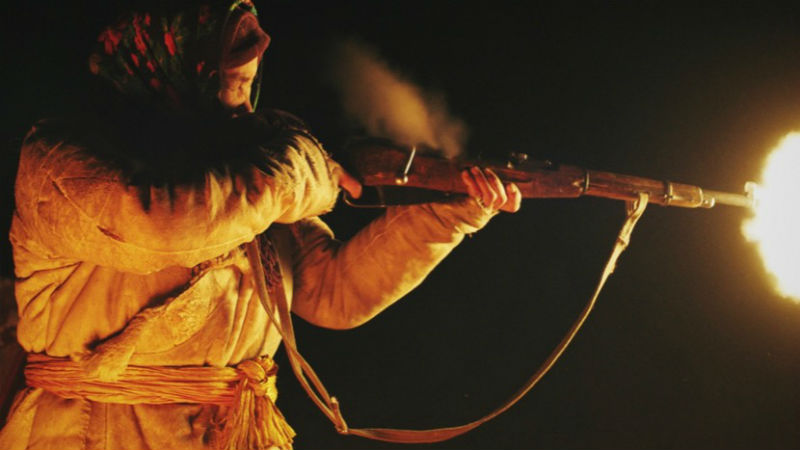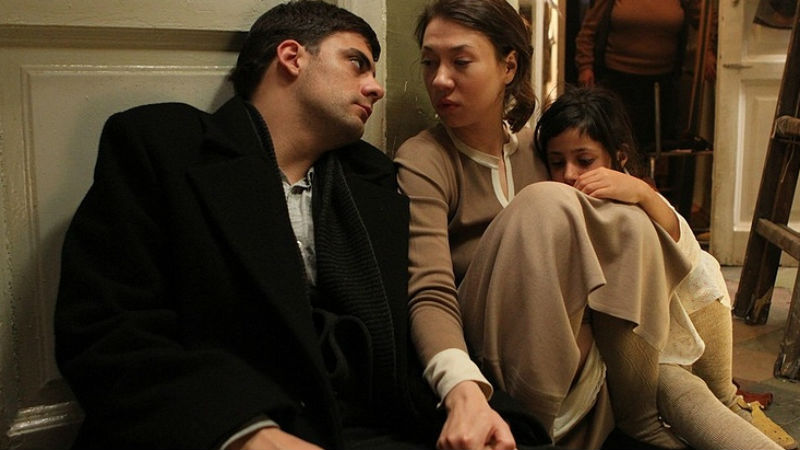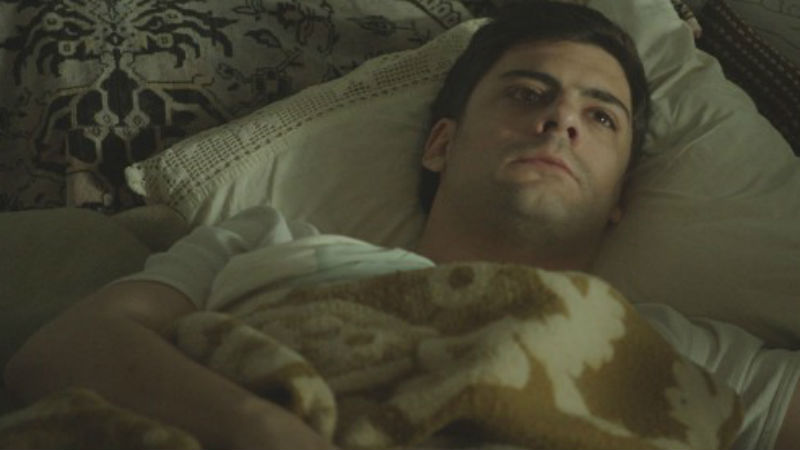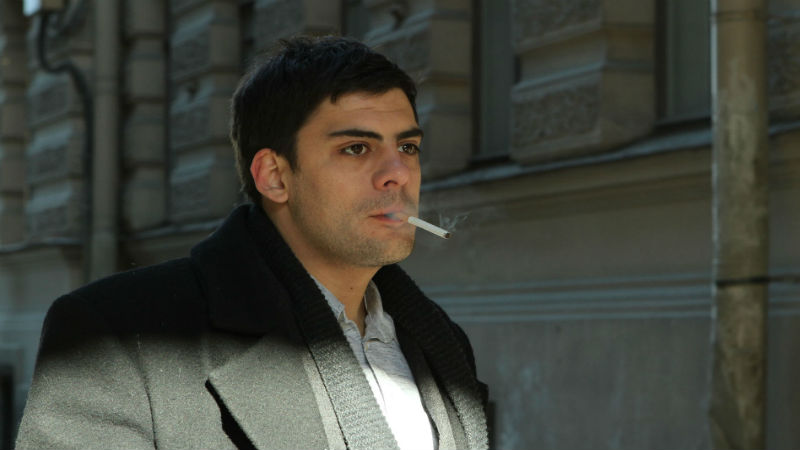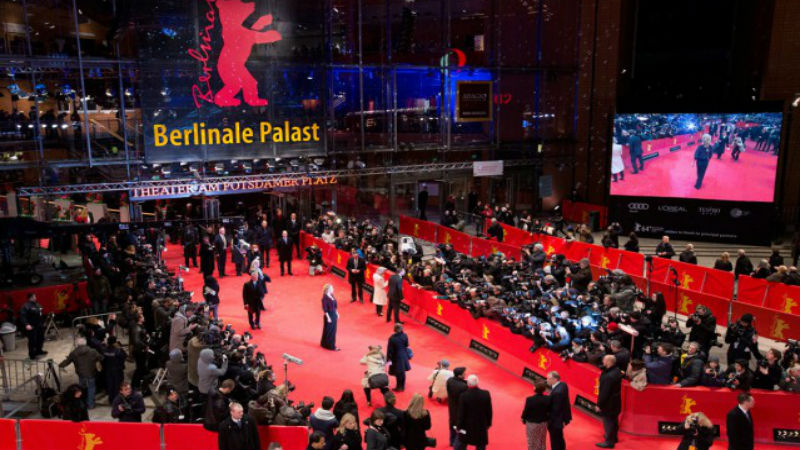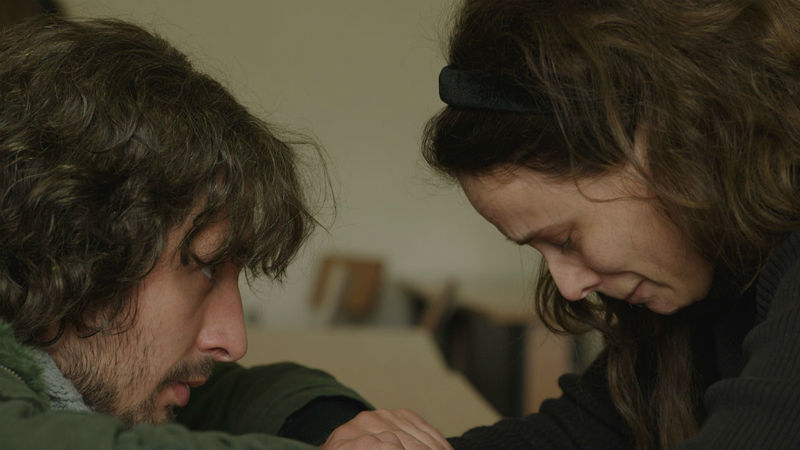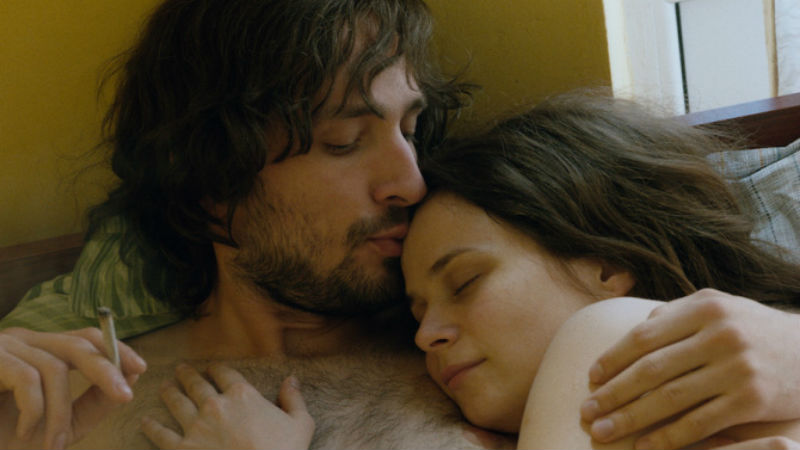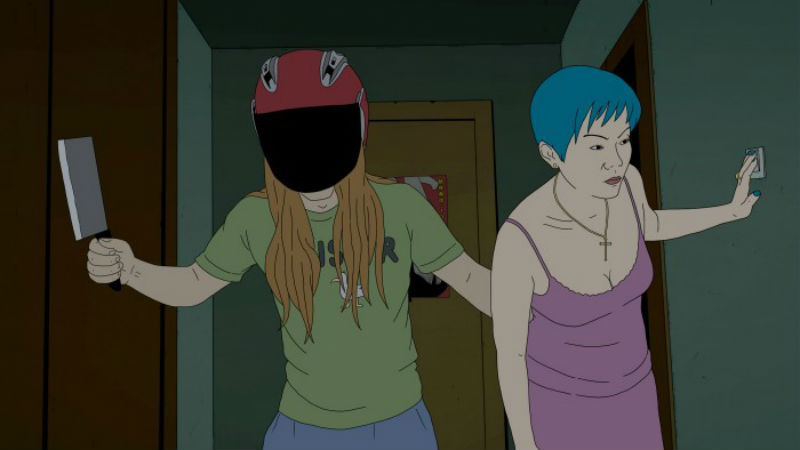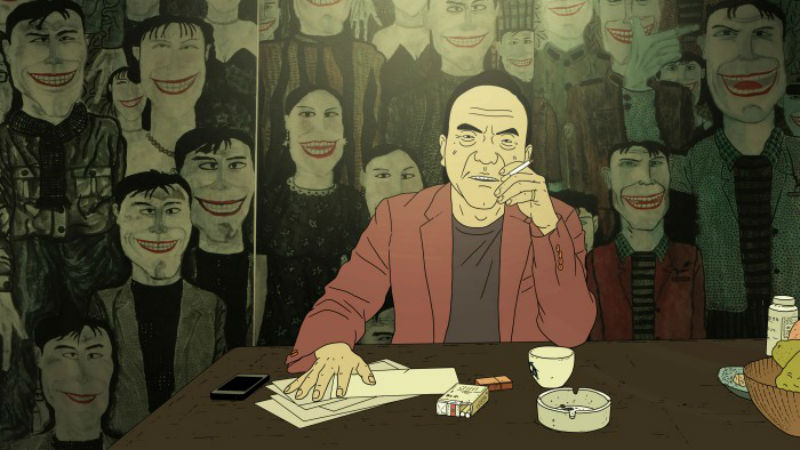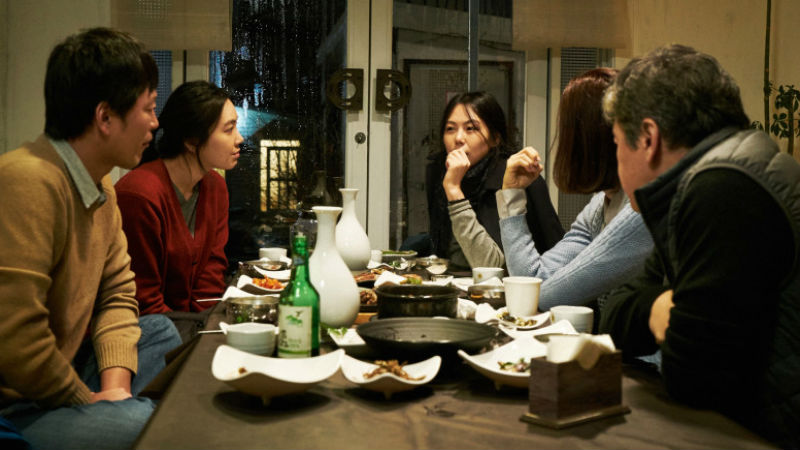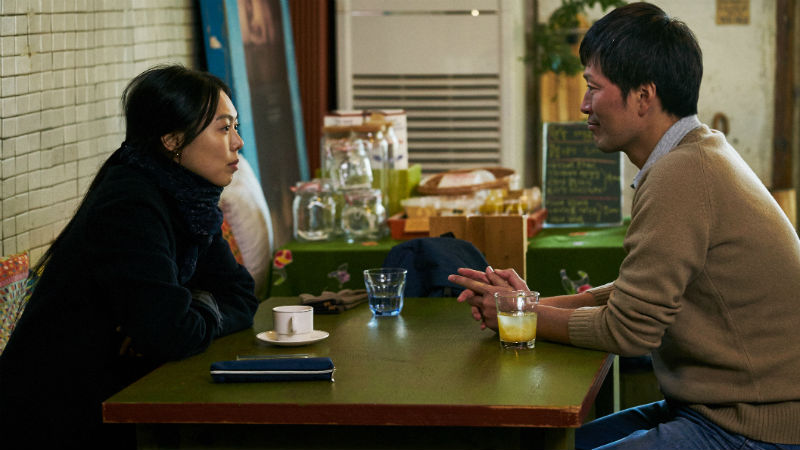This is a very clever film title. A vice is someone who is second. In this case, the Vice President of the United States between 2001 and 2009, Dick Cheney. And a vice is an addiction. Dick Cheney was addicted to power. Before he became Vice President, he held many senior positions including Secretary of Defense, White House Chief of Staff and Chair of the House Republican Conference. He was so preoccupied with power that he advised his own daughters (at least in this very unofficial biopic): “Always remember, if you have power, there will always be someone trying to take it away from you”.
Christian Bale plays Dick Cheney at all ages, from his early days in Wyoming after he was expelled from Yale University (due to drunkenness and rowdy behaviour) all the way to the Obama years, when he had a heart transplant. The physical transformation is extraordinary, making Vice a very serious contender for the Make Up Oscar (along with Ali Abbasi’s Border). Christian Bale is also very convincing in the skin of a cold, calculating, arrogant, selfish, unrepentant and unscrupulous politician.
Vice has various comedic elements. It opens up with the claim that “this is a true story”, yet not entirely reliable due to Cheney’s secretive nature, the director promising to do his “fucking very best” in order to recreate reality. George “Dubya” Bush (played by a terrific Sam Rockwell) naturally triggers a lot of laughter. Yet this is not Michael Moore’s Fahrenheit 9/11 (2004), a far funnier and sharper denunciation of the Iraq War and oil interests.
Some of he most controversial episodes of Dick Cheney’s life are all portrayed in Vice. They include his dysfunctional marriage in the 1960s, his daughter Mary’s controversial homosexuality (at a time the Republican Party was viciously anti-gay marriage), his accidental and unapologetic shooting of a man while hunting, and – far more significantly – his role and vested interests in Iraq. Cheney was CEO of oil services company Halliburton between 1995 and 2000, immediately before the became Vice President. He received a pay-off of U$26 million, and the multinational saw its shares rocket following the invasion of the Middle Eastern country.
We also learn that Cheney was a very unusual Vice President. At first, he was reluctant to accept George Bush’s invitation, and was only persuaded to become his running mate once he had guarantees that he would enjoy more power than a regular Vice President does. He fully embraced the unitary executive theory, which mandated that a (vice) president can do anything he wishes (“because if the president does it, then it has to be legal”. Such theory is normally applied to kings and dictators, but not the (Vice) President of the United States. He leveraged his extra powers in order to implement torture in Iraq and the erosion of privacy and civil rights in the US (all emails in the country were placed under surveillance). He counted with a helping hand from Korean American attorney John Yoo.
Another highlight is the movie is an unrecognisable Steve Carell as Donald Rumsfeld (or “Rummy”, as Dick would affectionately call him). We learn about Rumsfeld’s secret meetings with Secretary of State Henry Kissinger in 1970s. They decided about the fate of innocent people in Cambodia behind closed doors, with little regard for human life. Cheney was just a few feet away, as if preparing for three decades later, when he would become personally responsible for the deaths of 600,000 people in Iraq (this figure is provided in the movie).
Cheney remains unrepentant of his crimes in Iraq to present days, insisting that he acted in the best interests of the American people, despite all the evidence suggesting otherwise. Bale’s character delivers a preposterous and cringeworthy soliloquy in the very end of the film, cynically claiming that he has no regrets about his many controversial actions.
This revealing biopic, however, overstays its welcome at 137 minutes. It could have done with 30 minutes less. And not all the narrative devices work. For example, there’s a mysterious character that appears throughout the film promising to reveal his function at the end of the film (which he does). And there is a very unusual cutaway gag in the middle of the movie showing what life would be like had Cheney given up politics for the sake of the privacy of his Lesbian daughter Mary (he would be breeding golden retrievers with his wife). I think both artifices were redundant.
Vice premiered at the 69th Berlin Film Festival, when this piece was originally written. The film director Adam McKey and the film star Christian Bale were present on the red carpet. Audiences vigorously applauded the movie once the credited rolled. The film was released in UK cinemas on January 25th. It has since received received wight Oscar nominations, including Best Film. It’s available on VoD on Monday, June 3rd.









